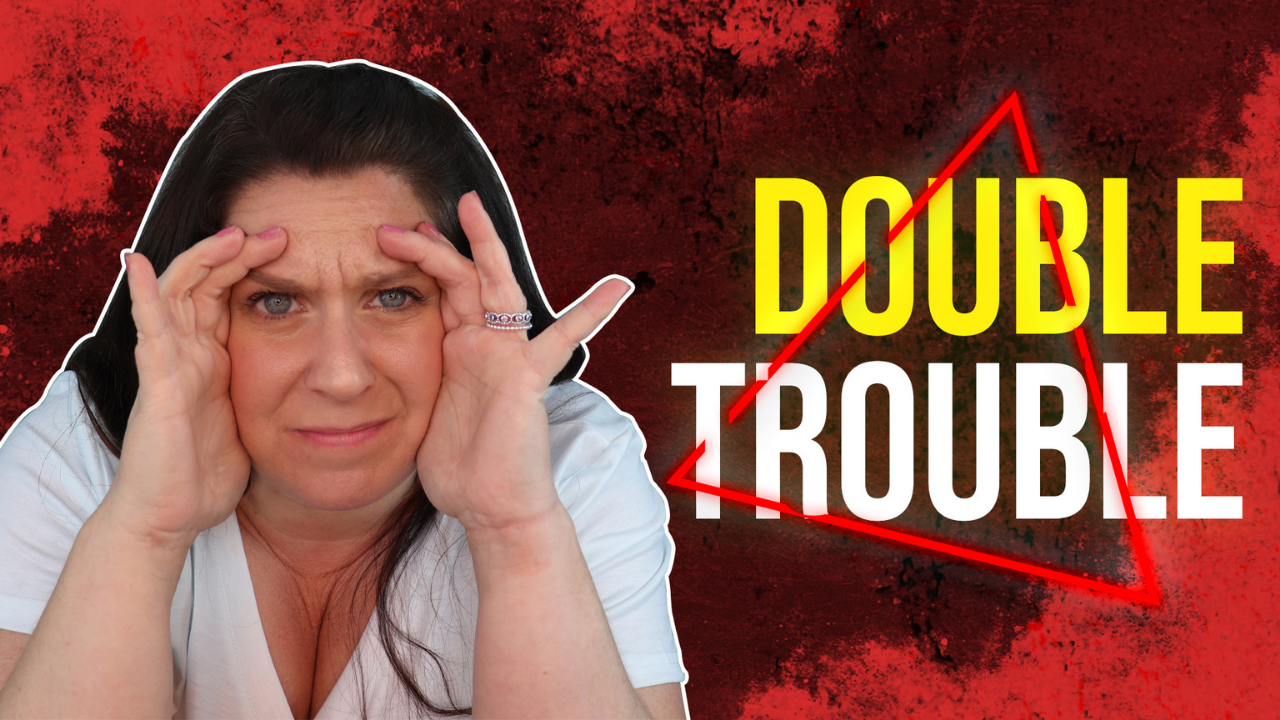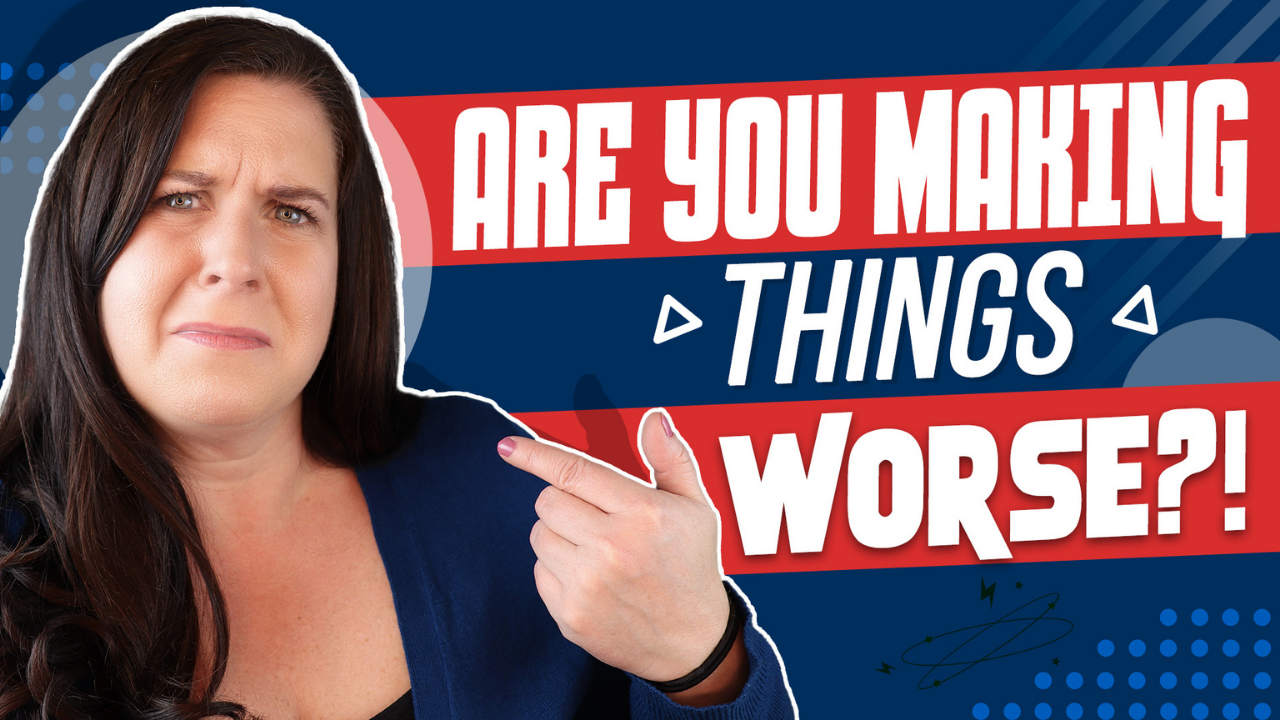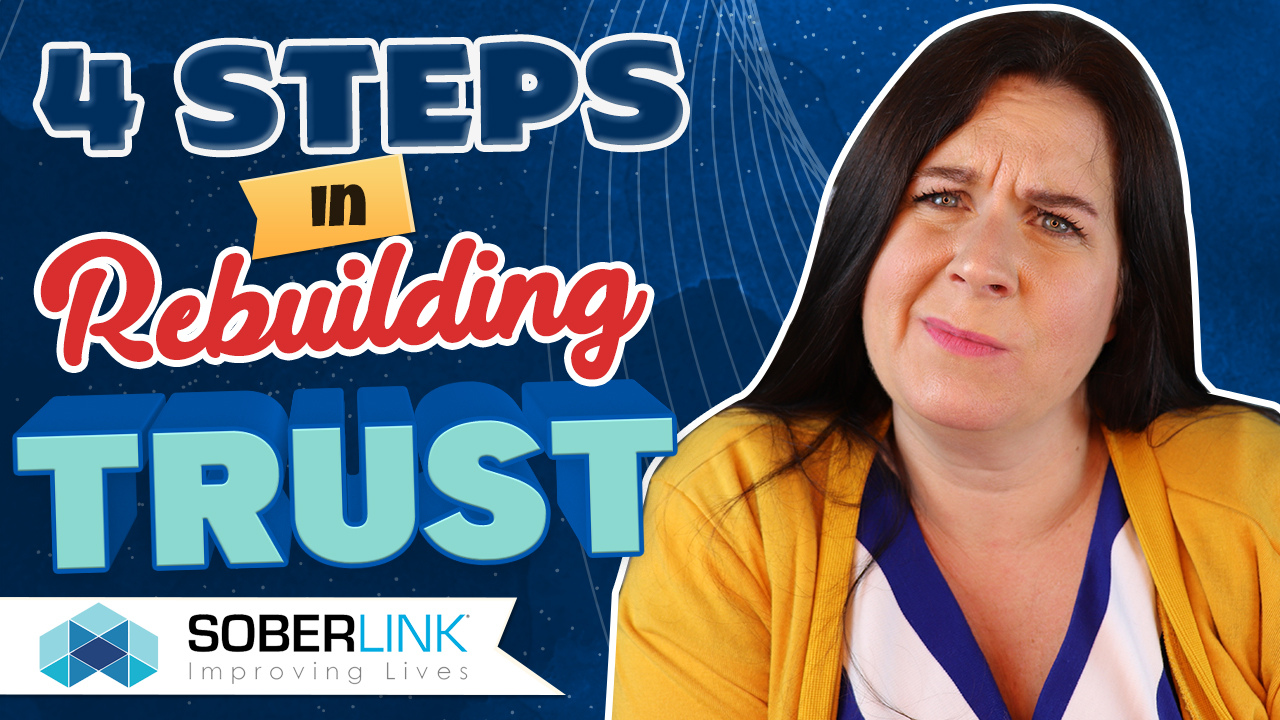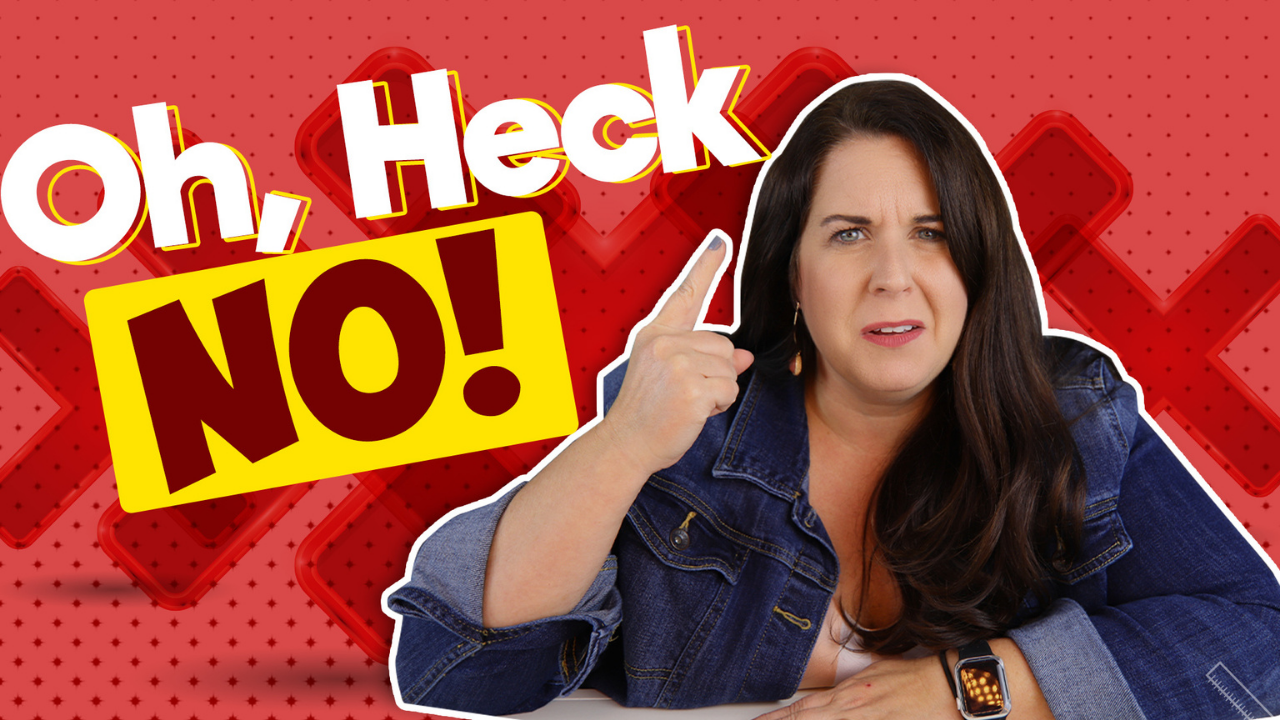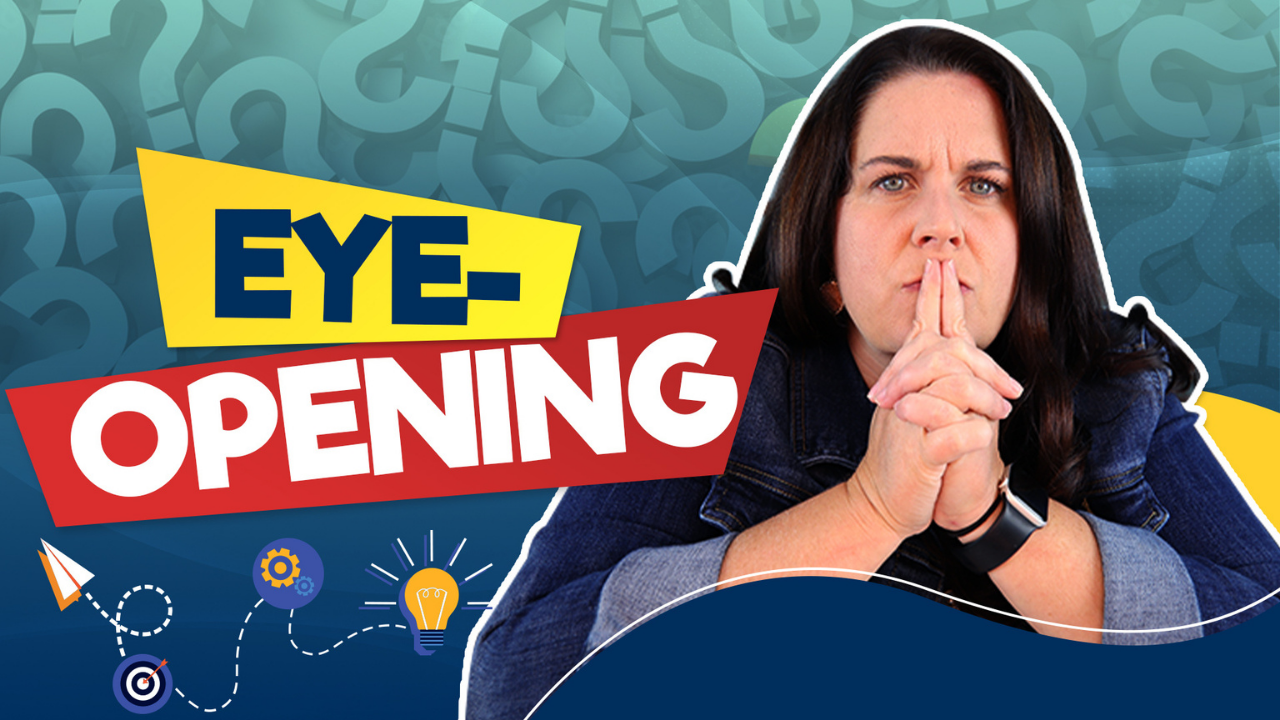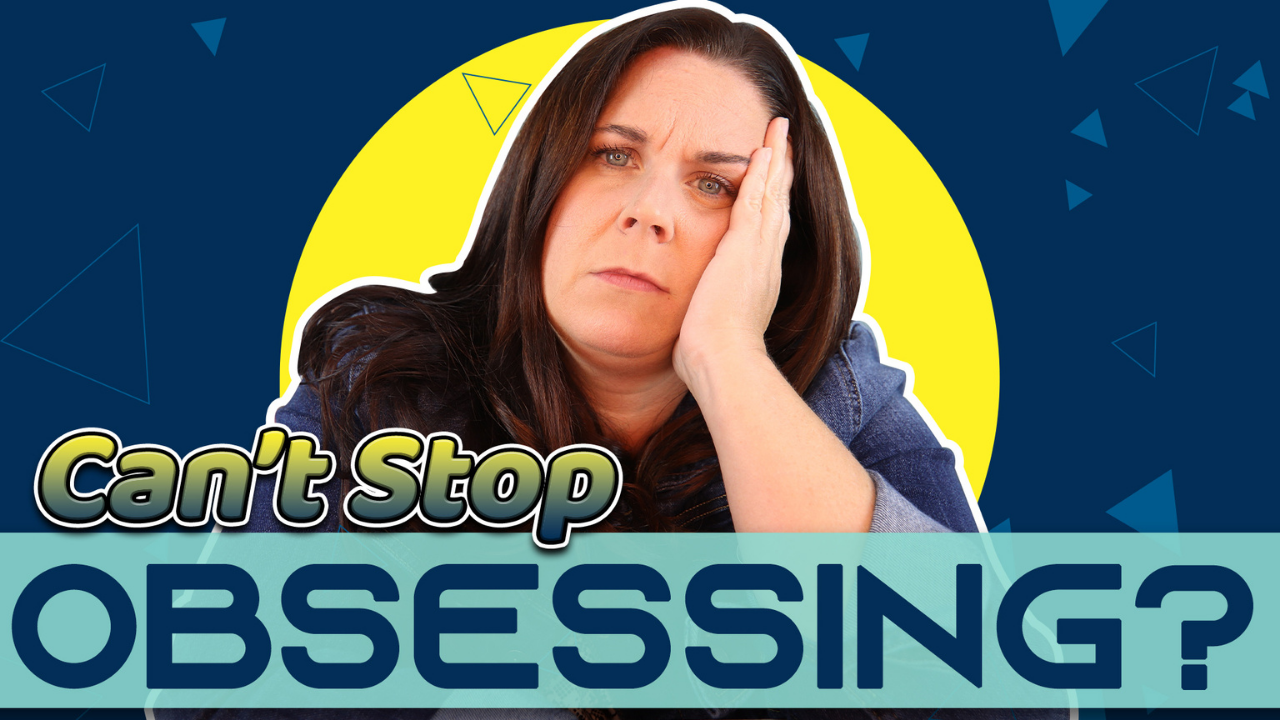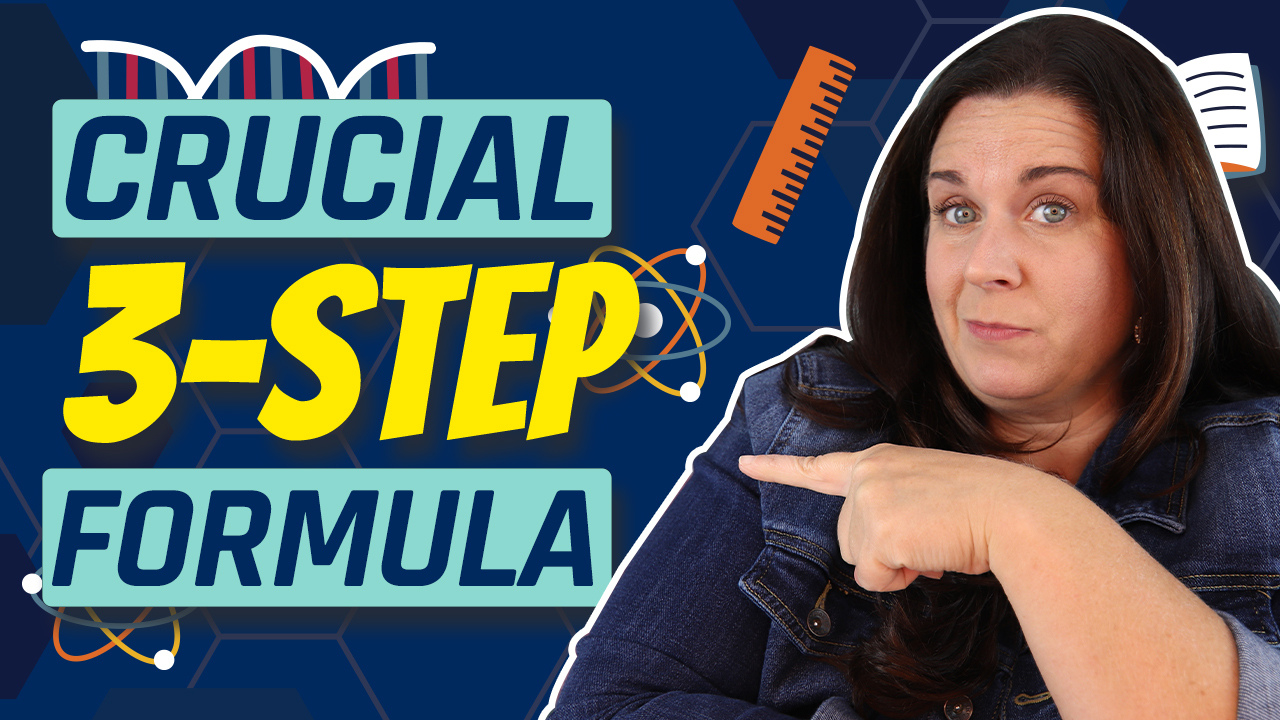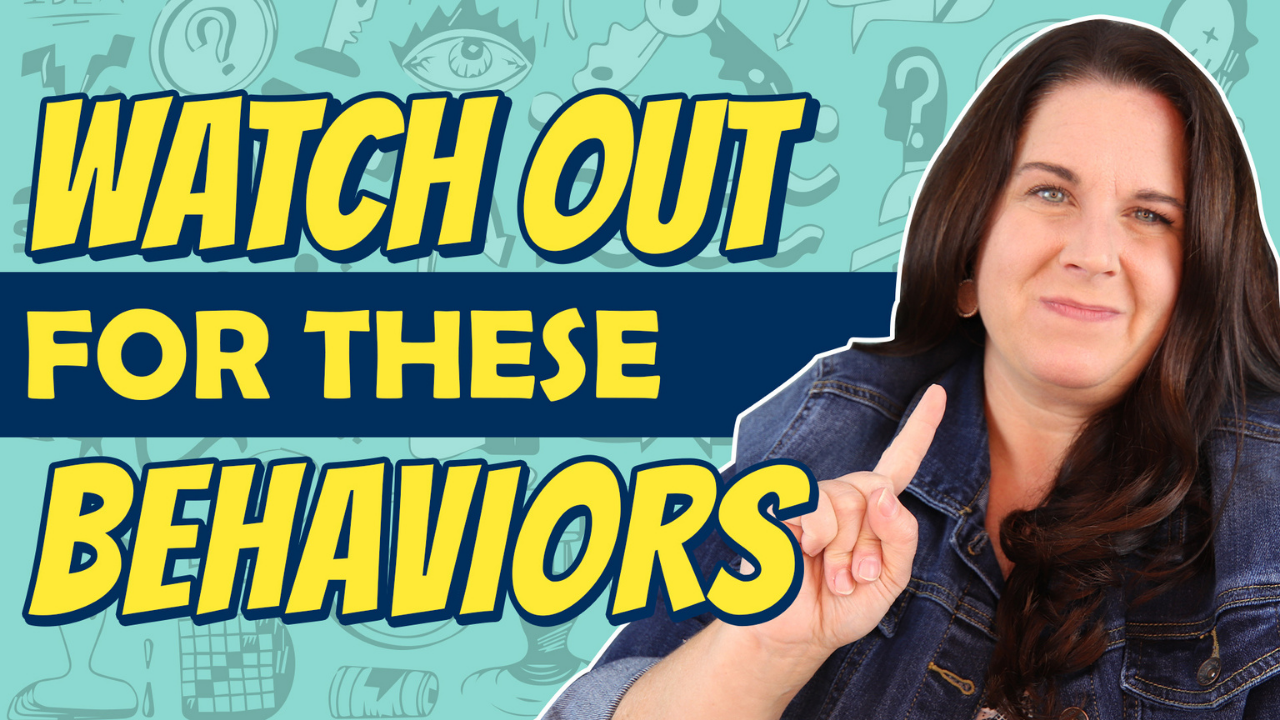Help! My son and husband are both struggling with addiction 😥 (True Story)
I'm answering a viewer letter about a situation where more than one person struggles with addiction in one household.
We're going to take a look at the letter, and then I'll give my response and feedback.
She writes...
"My husband is currently in rehab for alcoholism for the second time. He was in law enforcement for 15 years and had a very public DUI several years ago. He went to rehab for the first time and stayed sober for over two years.
He's been a binge closet drinker. In the last two years, he falls into a depression and drinks and leaves for days at a time to the woods with no communication. On December 30th, he left for five days. When he came back, he asked me for help and decided he should go to rehab.
He's now been there for a week. He sounds good, and I'm hoping he is gaining what he needs to help himself get through this for our relationship. We don't have any trust. He's s a good man, a hard worker, loving when he doesn't drink. The person we all want him to be ...
5 Ways You Could Be Enabling Someone Else's Addiction!
You've probably heard of the three C's if you have a loved one struggling with addiction and are involved in family recovery. The three C's come from Al-Anon.
The three C's are:
You didn't CAUSE it.
You can't CONTROL it.
You can't CURE it.
To make it clear, you didn't cause the addiction. You can't control the addiction. You can't cure the addiction.
I want to add a fourth C, saying that you can CONTRIBUTE to the problem.
You might be contributing to your loved one's addiction in five ways.
I want you to understand that I'm not telling you that the addiction is your fault. The five behaviors that I'm about to explain trigger addiction.
It's easy for us to think about and see how addiction is the puppet master controlling all of our loved one's behaviors. I know you are behaving this way and doing these things because the addiction triggers you to react this way. However, like with an addiction, it is your responsibility to improve.
Sometimes we fail to see that addiction is not on...
Rebuild Your Relationship After Alcohol Has Destroyed It!
How do you rebuild trust and put your relationship back together when alcoholism is in the equation? Let's look at four practical, helpful, and successfully proven strategies. If you do these four things, you'll be well on your way to putting your relationship back on track.
Anytime there's an addiction issue inside a relationship, you will develop trust issues on both sides. The person with the addiction also does not trust the family member because both people have probably been a little dishonest.
Soberlink- A device used to restore trust
One practical and helpful tool that we use in our office is Soberlink.
Soberlink is an alcohol monitoring system that has proven highly effective in restoring the relationship. Family and trust and helping people along their journey in recovery. What Soberlink does is provide accountability for the person in early recovery, and it gives the family peace of mind.
Long before Soberlink sponsored my channel, I've been a huge fan. We've used Sob...
Real Life Examples of What To Do When Someone Is Breaking Your Boundaries!
What do you do when someone continuously breaks your boundaries?
Do you have a person like that in your life?
Is it a friend, a family member, a loved one, a coworker, or a boss?
Boundaries are a huge topic in the realm of addiction recovery.
Now you might be thinking this video is only for the family members. Wrong! This video is for anyone who wants to learn more about holding healthier boundaries and how to do it more effectively. I know how frustrating it is to have a person in your life that can't seem to respect your boundaries.
The hard truth is no one else can break your boundary. Only YOU can break your boundary.
If someone else is crossing lines that you don't want them to cross, it means you're allowing them to break your boundary. It's so easy to fall into the idea that it's the other person that's the bad guy. I understand that on some level. Unfortunately, It doesn't work that way and ultimately falls on us to keep our boundaries. It's easy to get confused because ...
Growing Up With a Functional Alcoholic/Addict Parent (The Uncomfortable Truth)
Does my drinking or substance use affect my kids?
Of course, it does, but HOW does it affect your kids? Some
of these things might be difficult to hear, but necessary.
We're going to be looking at it from the child's point of view, focusing specifically on how a parent's alcohol or other substance use or abuse affects you as a kid and even as an adult now.
If you want to know if you have an addiction or a loved one has an addiction problem and how severe that problem is, you can click HERE to download the criteria for substance use disorder.
Affect #1: When you're using substances, you are modeling that behavior for your kid. If you use substances in your home, you're modeling that's the way adults in the family have fun or party. It may come across to your kid as really glorified, "Ooh, that's how adults are happy! That's how adults connect. When I get older, I'm going to do that!"
If you're using substances to help you cope with stress or problems, then you're also modeling that...
The Link Between Trauma And Addiction
 The three links between trauma and addiction...
The three links between trauma and addiction...
I believe everyone knows there's a strong link between trauma and addiction, but did you know there are three strong links between trauma and addiction? What are they?
Link #1
Most people are aware of this first link between trauma and addiction. It's the idea that people with trauma are way more likely to develop addiction issues. It doesn't take a psychologist or a research scientist to figure out why.
When you have trauma, you dysregulate the alarm systems in your brain. Sometimes that dysregulation is permanent and shows itself in different kinds of anxiety and very uncomfortable symptoms.
It doesn't take a genius to figure out that if you're uncomfortable, you're going to look for a solution. Sometimes, people think they've found their answer in using drugs, alcohol, or other types of behavioral addictions. We know that these aren't great solutions. They tend to help short-term, but they tend to make the problem WAY worse long...
Help! I'm Addicted To A Person! 💙💔
What is an addiction to a person? How does it happen? When does it happen? How do you break that addiction?
To be honest, it's the same as being addicted to anything else. Drugs/alcohol, gambling, and spending are all things you can be addicted to.
Addiction means that you continue to pursue something although it's having harmful effects on your life. Looking at addiction, it's not a far jump to see how it's possible to be addicted to a person. You can continue to pursue a relationship even though it's having harmful effects on your life and maybe even other people's lives, but add a little bit more depth to the idea of what an addiction is.
Other addictive symptoms include craving obsession. The loss of control and an inability to stop. Let's clarify the difference between being addicted to a person and being madly in love with a person. There are some similarities there, right. You might have that craving, that obsessive fault.
What you don't have in the madly in love departmen...
How to Overcome An Alcohol Problem Without Going To Rehab
Is it possible to beat your alcohol problem without going to rehab? I think it is definitely possible. I'm going to tell you our secret formula of how we've helped hundreds of people get sober without ever having to go to rehab.
If you or a loved one is struggling with an alcohol use disorder, you may be wondering, what's it going to take to conquer this problem?
Anytime I'm talking to a person trying to overcome an alcohol problem or stop drinking, the first thing that I want to think through is whether or not this person needs a detox. With alcohol, believe it or not, it's one of the more dangerous things to stop cold turkey. If you are highly alcohol dependent and you've been drinking for a while, Cold Turkey can be dangerous. You can be in danger of having a seizure or even developing psychosis.
I have a video that I made a while back to figure out whether or not you need the detox part. You can watch it HERE.
The second thing that you'll have to put a lot of energy and effor...
Do Alcoholics Intentionally Try To Gaslight Their Loved Ones?
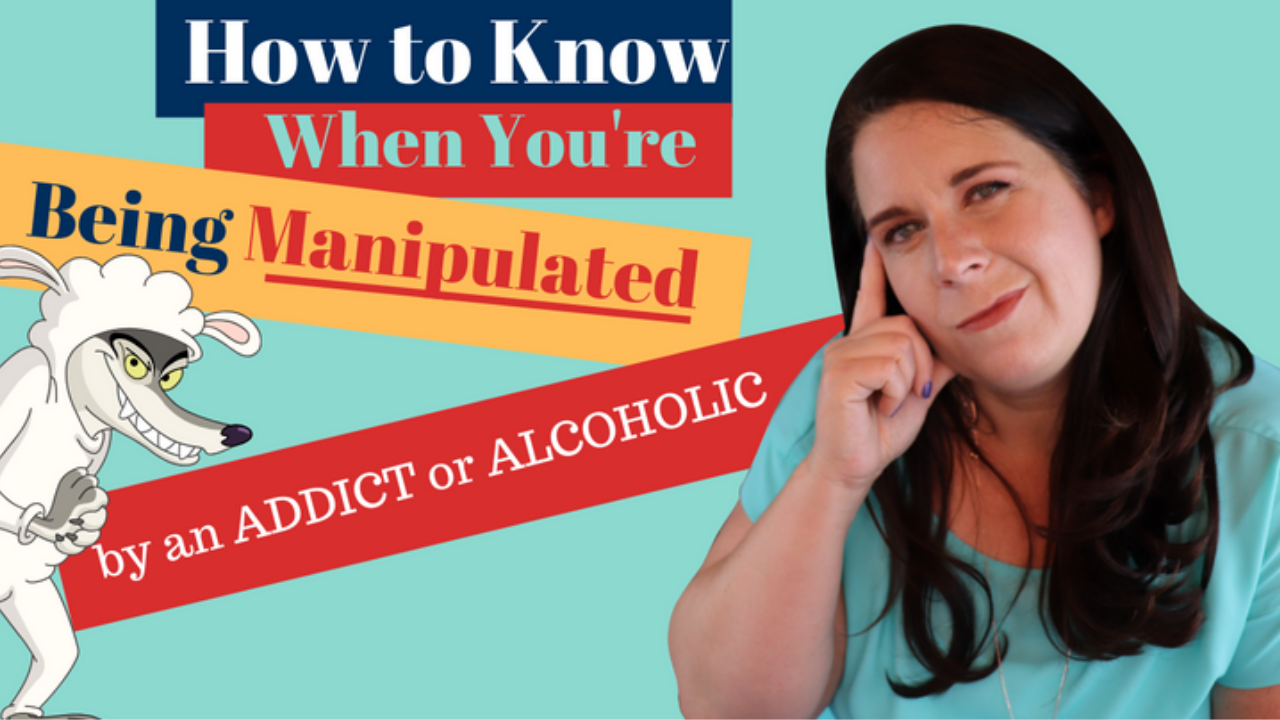
One thing about alcoholism that's particularly troubling is the memory issues that accompany it.
Alcoholics genuinely don't remember what happened when drinking (referred to as a blackout), and when their family is upset, they get irritated and feel like the other person is overreacting. In this circumstance, the alcoholic isn't intentionally trying to Gaslight their loved one; they don't remember what they said or did during a blackout incident. It's a form of GASLIGHTING and will make you question your sanity.
But in other instances (like when you find their hidden alcohol), alcoholics intentionally try to make you think you're crazy. They may say something like, "that's been there for over six months. Don't you remember your dad left that when he came at Christmas?" In these situations, the alcoholic person knows precisely what they're doing. They're trying to throw you off their scent or deflect the argument.
Addicts and Alcoholics are like Ninjas! They can reverse th...
What To Expect From Someone Who Is Newly Sober/in Early Recovery
What should you expect if your loved one is in early recovery as if they're recently sober and working on their recovery? The angle we're looking at is trying to help family members have a realistic understanding and expectation about those early days and weeks of recovery.
I know you've waited for a long time for your loved one to address this problem. Probably years, right? You've been through the mud and the muck, and you're probably 10 miles past your limit, so once they decide to get sober, you are way past the point of being ready.
I want you to hold your fire.
Even when someone decides to get sober, it's not an overnight transformation.
Sometimes you have a brief period that is kind of like that. Subconsciously we're thinking, "if they could realize they have a problem and decide to stop, it's going to solve all of our problems. Everything is going to be better, and it's just going to be wonderful and rainbows!"
When people get clean and sober, we call that the pink cloud...
